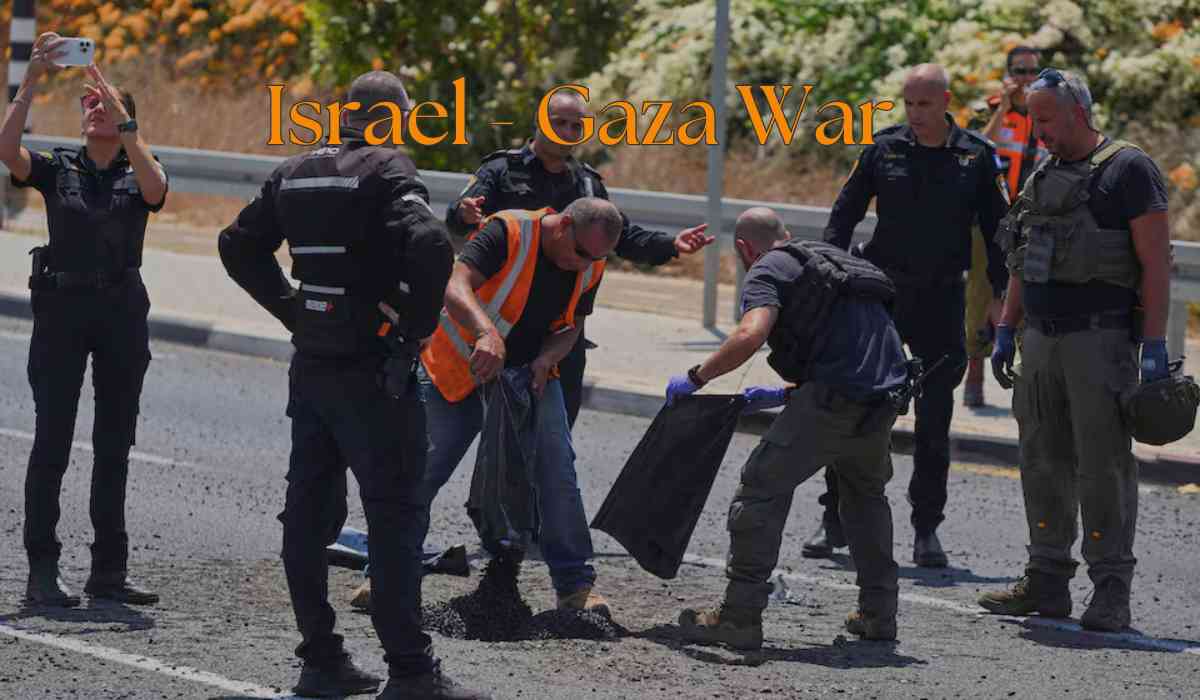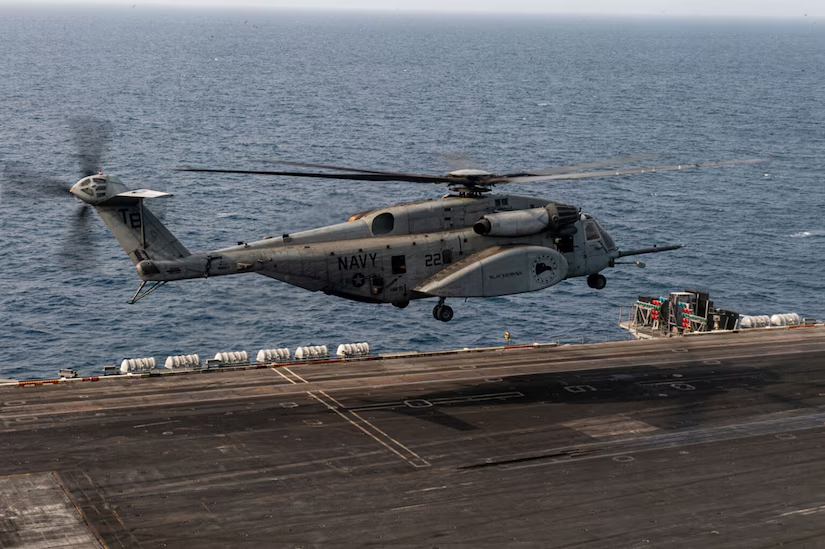The Middle East is once again at the forefront of global attention as the conflict between Israel and Gaza intensifies, leading to a severe humanitarian crisis and escalating regional tensions. High-profile assassinations and relentless airstrikes have plunged the region into chaos, with the international community expressing deep concern over the potential for a full-scale regional war. As nations issue urgent travel advisories and bolster military presence, diplomatic efforts struggle to find a foothold in the midst of escalating violence.
Hezbollah Launches Drone Attacks on Israel, Promises More to Come
In a significant escalation of tensions, Lebanon's Hezbollah launched a series of drone and rocket attacks into northern Israel on Tuesday, August 6, 2024. The militant group warned that these strikes were just a prelude to their much-anticipated retaliation for Israel's killing of a top Hezbollah commander last week.
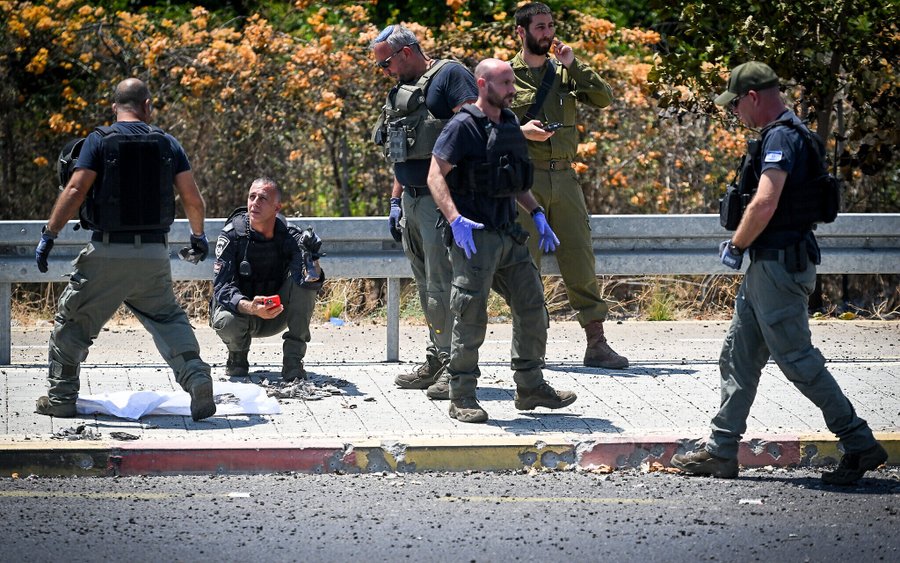
Key developments:
- Hezbollah launched attack drones at two military sites near Acre in northern Israel
- Israeli military intercepted at least one drone and reported several civilians injured near Nahariya
- Four people, believed to be Hezbollah fighters, were killed in a strike on a Lebanese town
- Hezbollah leader Sayyed Hassan Nasrallah is set to speak at a memorial for the slain commander
The attacks have heightened fears of a potential full-scale war in the Middle East, with both Hezbollah and Iran vowing to avenge recent assassinations of their top officials.
Israel-Gaza Conflict Escalation
- Recent Bombings: On August 5, a bombing of a school in Gaza resulted in 80% of the victims being children. The following day, at least 40 Palestinians were killed in various attacks across the region .
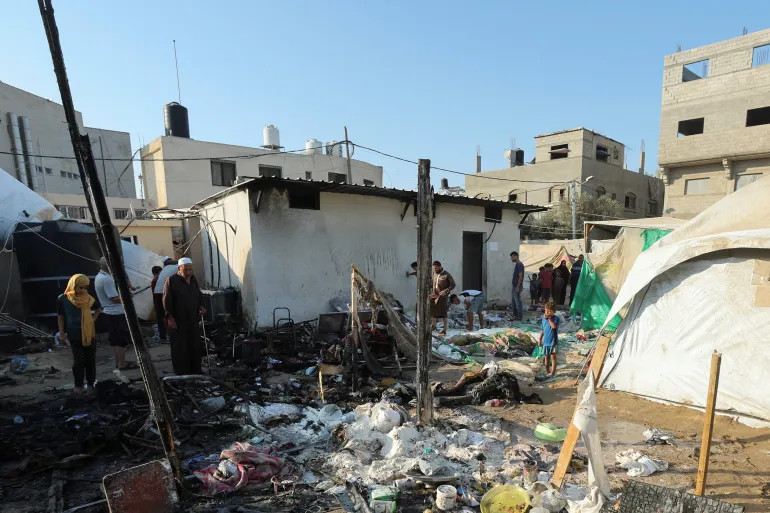
- Widespread Destruction: Continuous airstrikes have devastated residential areas, hospitals, and schools, leading to a severe humanitarian crisis.
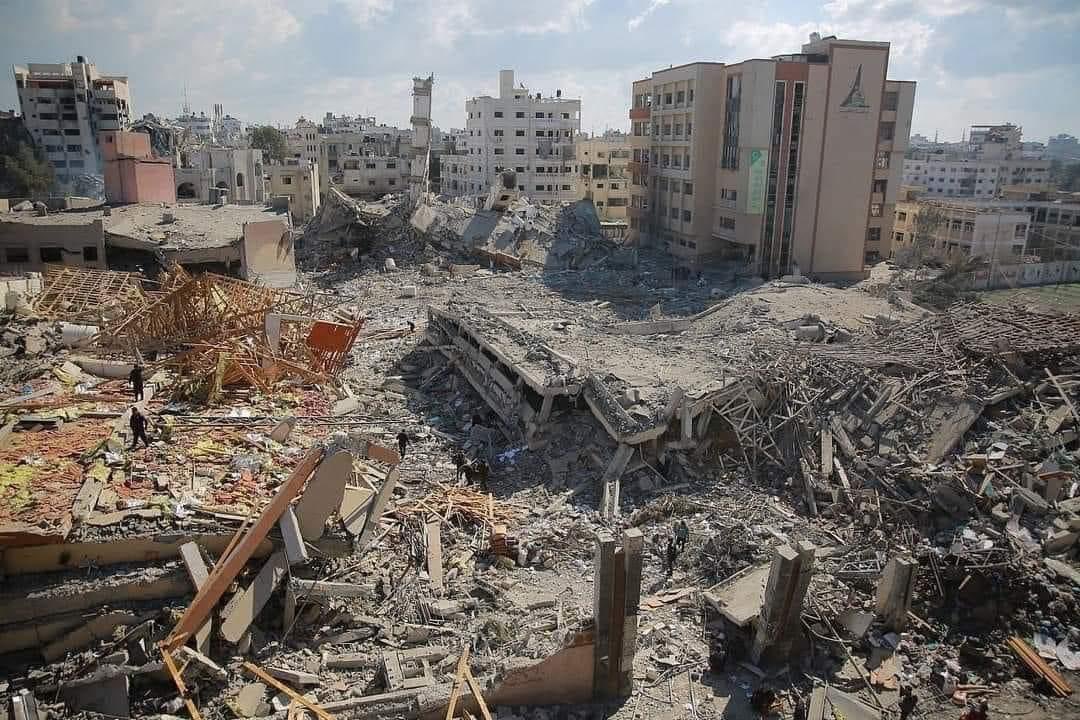
- Infrastructure Damage: Thousands of people are without access to clean water, electricity, and medical supplies. The death toll exceeds 10,000.
_1722936532.webp)
Broader Regional Implications
- High-Profile Assassinations: Hamas chief Ismail Haniyeh was assassinated in Tehran, and Hezbollah's military chief Fuad Shukr was killed in Beirut.
For more on this, click : Ismail Haniyeh's Assassination
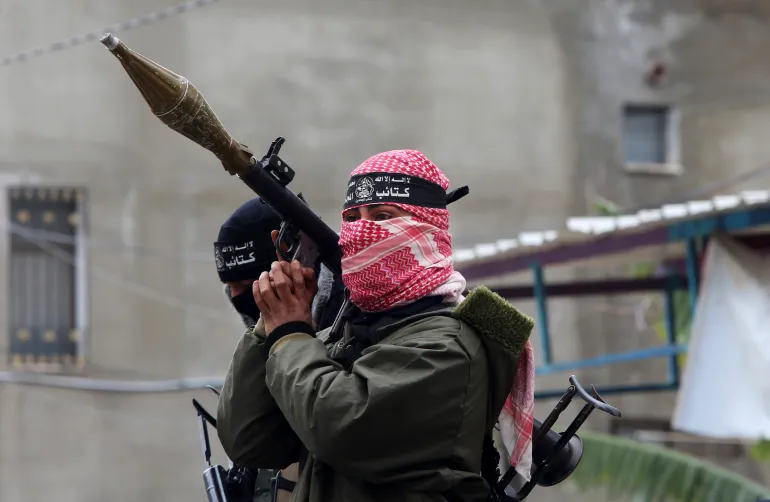
- Increased Militancy: Hezbollah has intensified its operations, launching rockets into northern Israel. Iran supports Hezbollah’s expanded targets.
- Military Buildup: Various factions are preparing for a prolonged conflict, leading to fears of a full-scale regional war.
International Reactions and Safety Warnings
- Evacuations and Advisories: The US, UK, Australia, and France have urged their citizens to leave Lebanon. Airlines have cancelled flights.
- Military Presence: The US Pentagon is increasing its military presence in the Middle East to protect American personnel and interests.
- Global Concerns: Canada has issued travel advisories, warning citizens to avoid travel to Israel due to escalating violence.
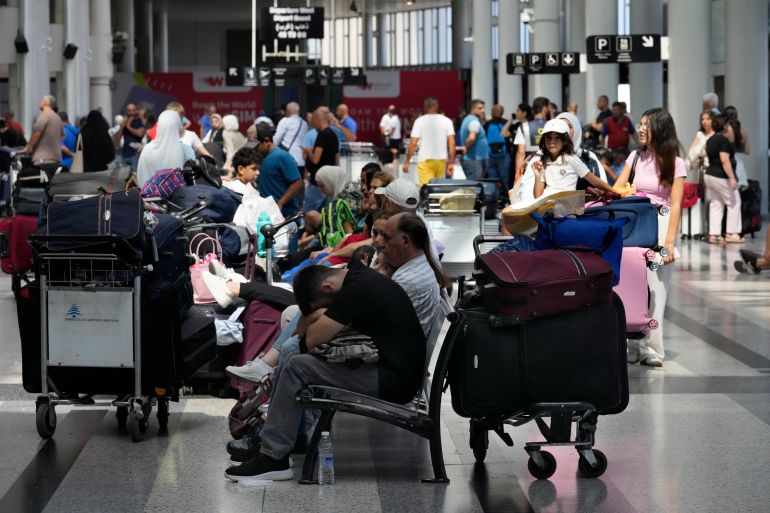
UN's Controversial Actions
- Staff Firings: The UN fired additional staff from its agency for Palestinian refugees (UNRWA) following an investigation into their involvement in a Hamas-led attack.
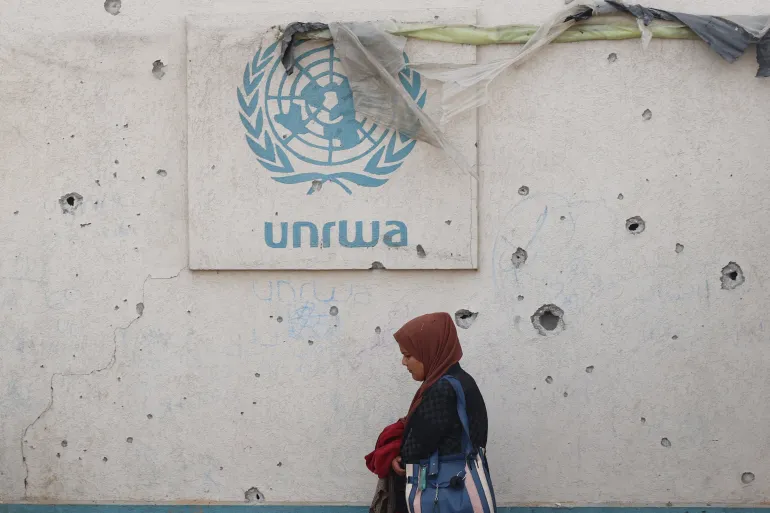
- Funding Issues: Israel's allegations led to the suspension of funding for UNRWA, causing a severe cash crunch. Most countries have since resumed funding.
- Investigation Criticisms: The investigation relied on evidence from Israel that the UN could not independently corroborate, raising questions about its fairness.
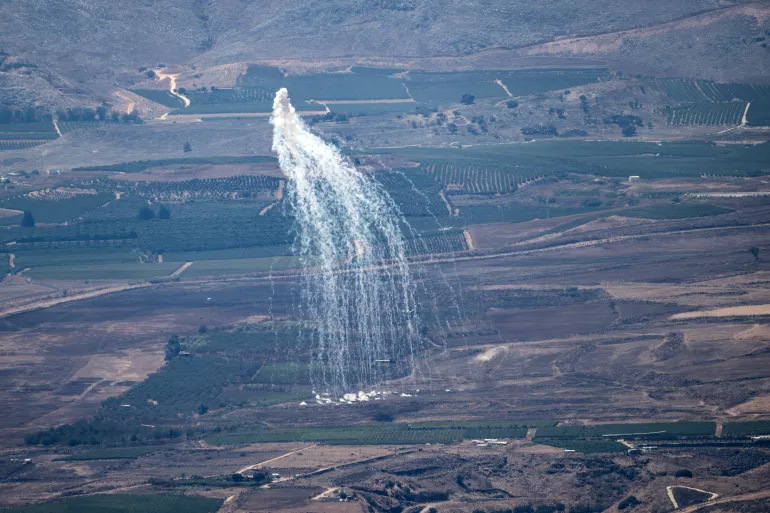
Global Diplomatic Efforts
- Peace Negotiations: The assassination of negotiator Haniyeh undermines ongoing mediation efforts by the US, Qatar, and Egypt.
For more on this, click :Rising Tensions: Will the Golan Heights Attack Push Israel and Hezbollah Towards War?
- International Calls for Restraint: US President Joe Biden and other global leaders are urging all parties to return to the negotiating table.
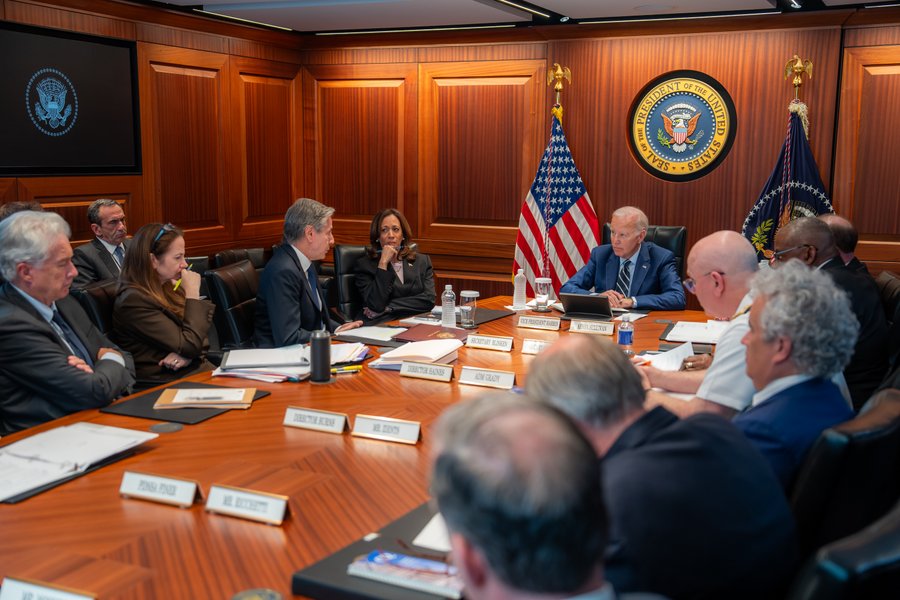
- Potential Outcomes: Diplomatic efforts aim to prevent further chaos and violence, but the situation remains precarious.
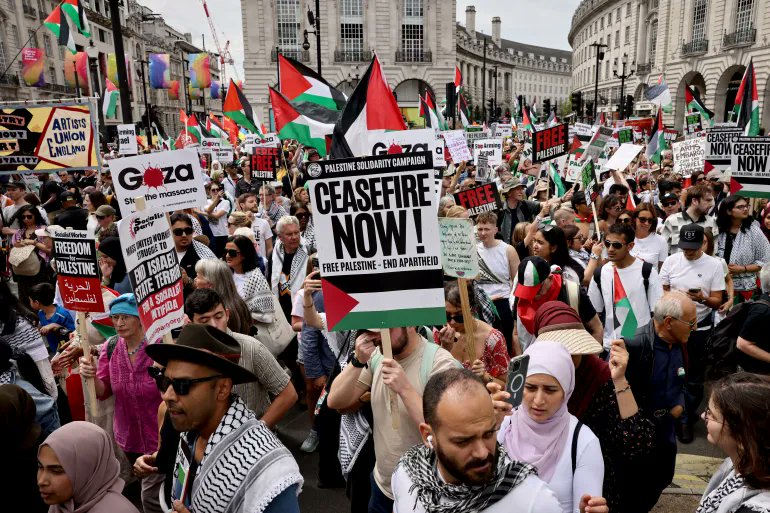
Conclusion
The Middle East is facing a highly volatile situation with significant potential for further escalation. The international community is watching closely, hoping for a resolution to prevent additional loss of life and broader regional conflict. Diplomatic efforts are ongoing, but achieving lasting peace remains a significant challenge amidst deep-seated animosities and complex geopolitical dynamics. Immediate and coordinated international action is essential to address the humanitarian crisis and work towards a sustainable resolution.
With inputs from agencies
Image Source: Multiple agencies
© Copyright 2024. All Rights Reserved Powered by Vygr Media.

